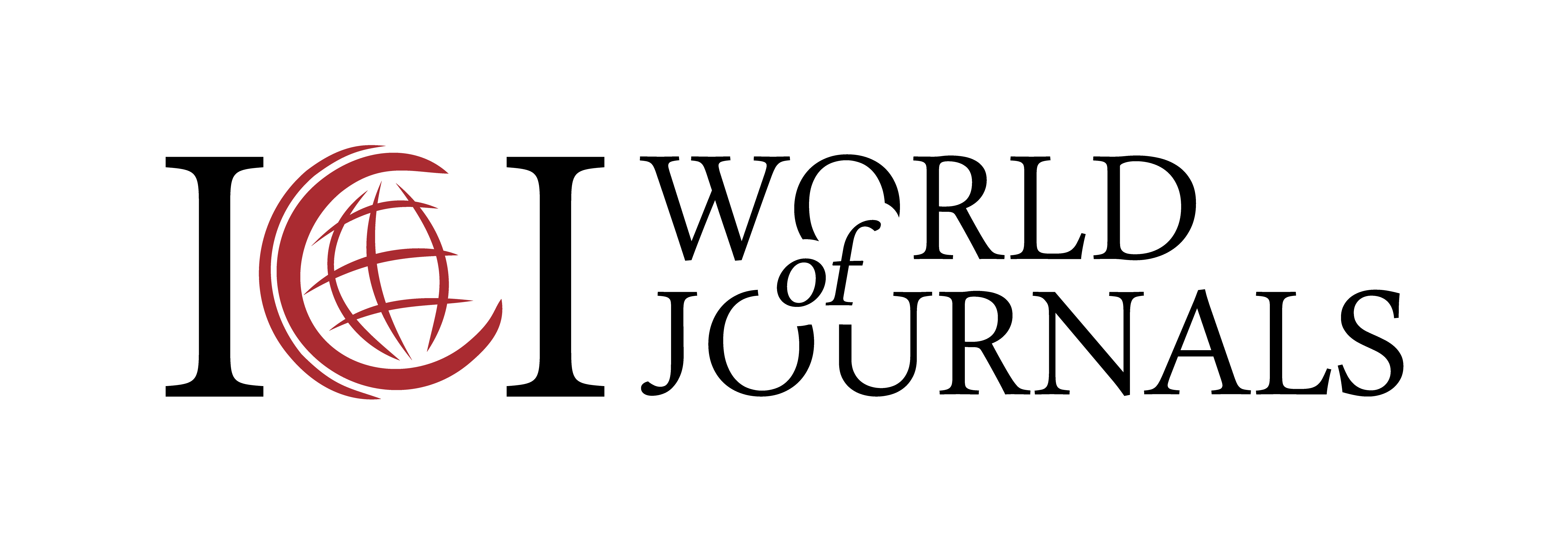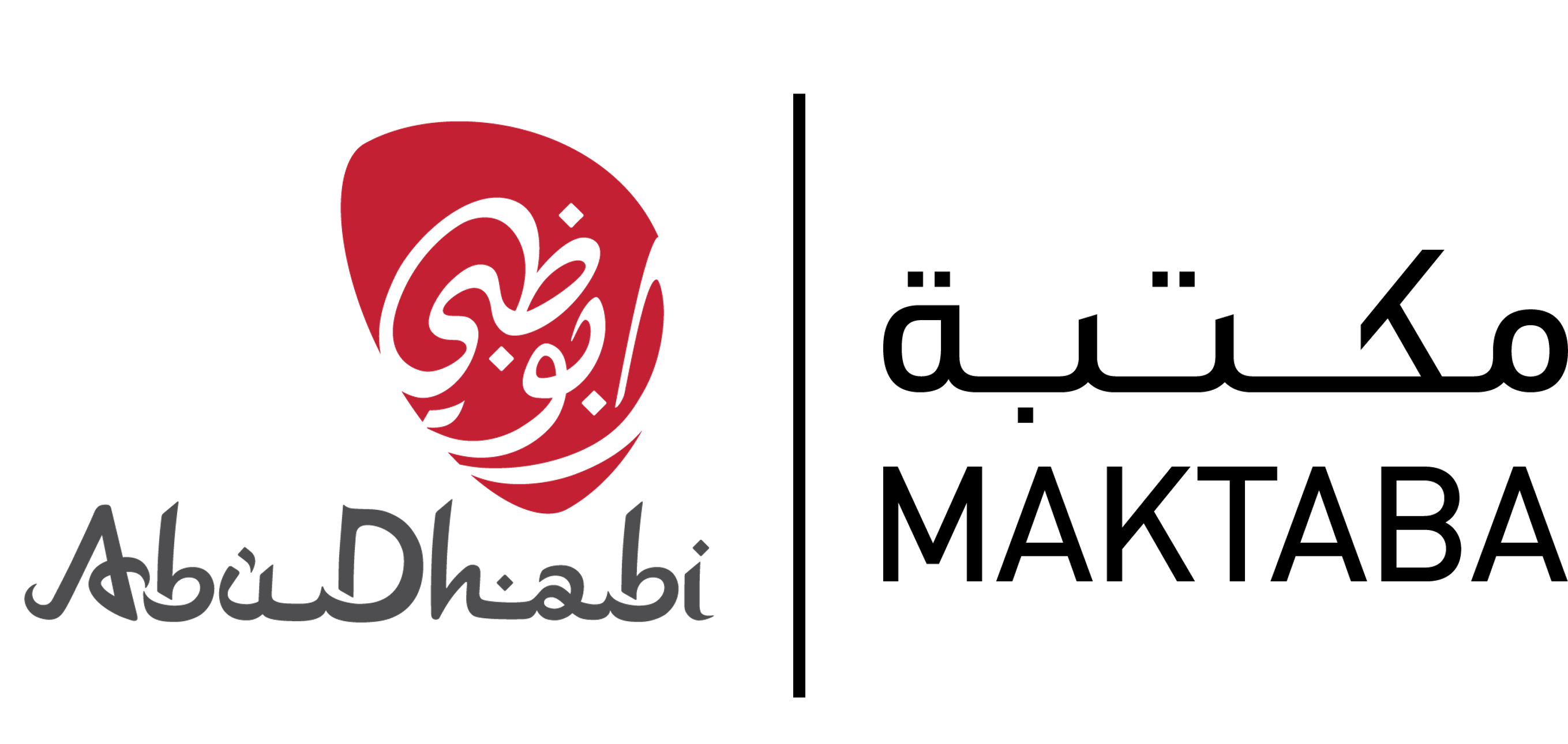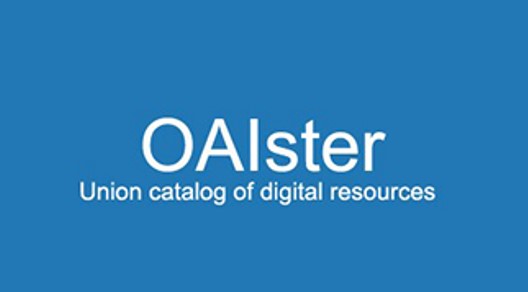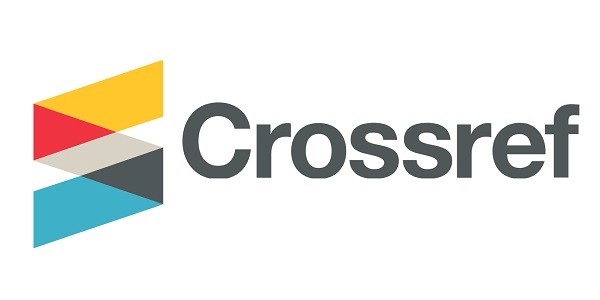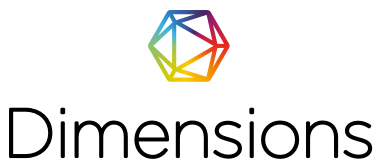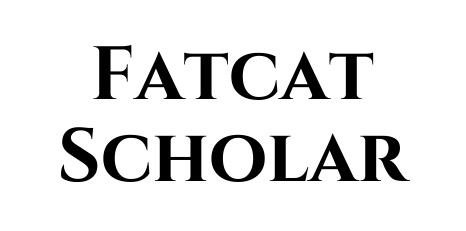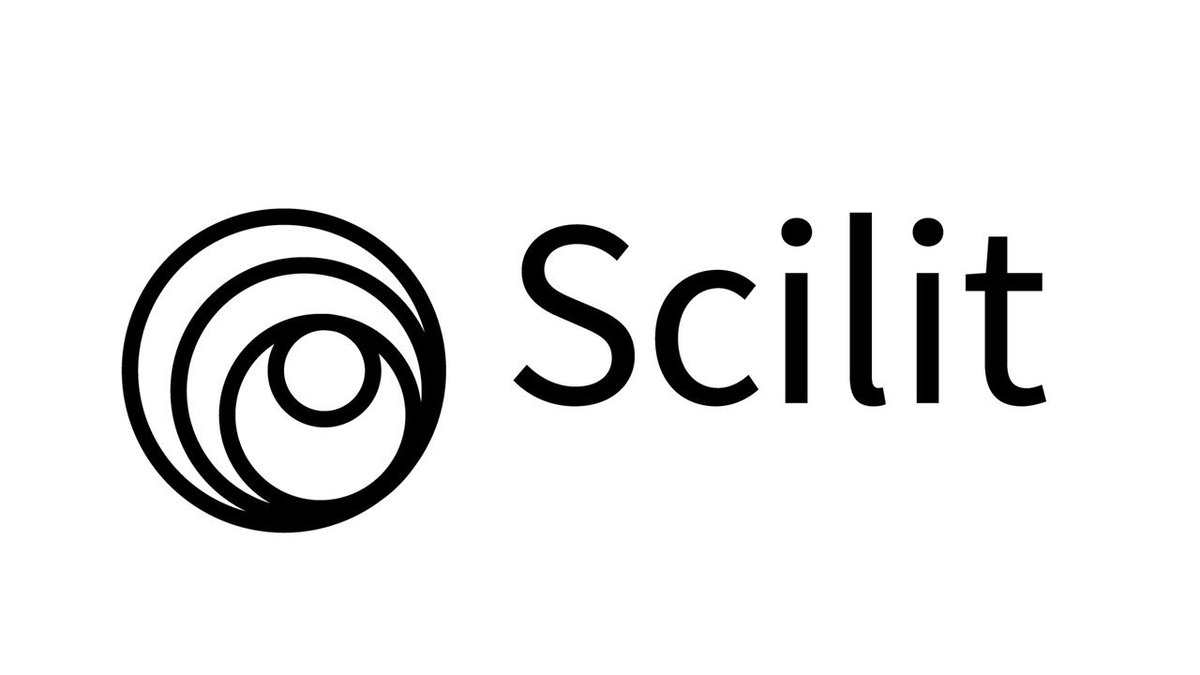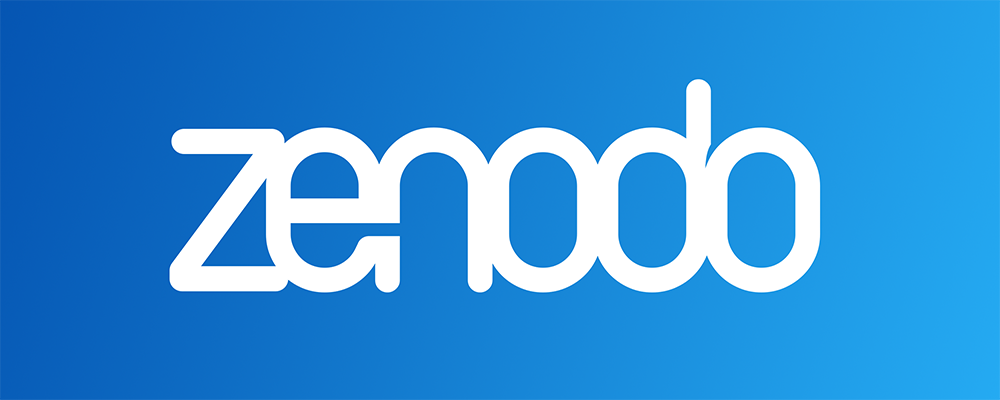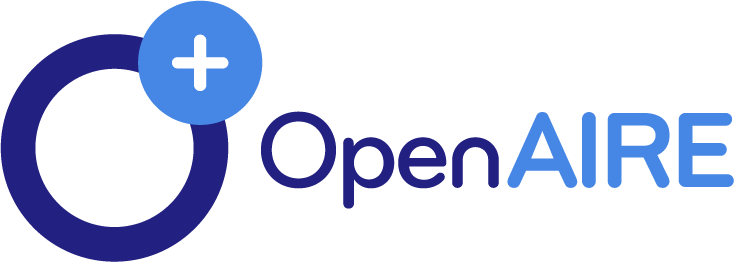SIGNALLING THEORY UNDER THE LENS OF CULTURAL CONTEXT : A THEORETICAL ANALYSIS OF PROJECT QUALITY COMMUNICATION IN MOROCCAN CROWDFUNDING
DOI:
https://doi.org/10.5281/zenodo.17159380Abstract
This paper theoretically analyses how the Moroccan cultural context influences the effectiveness and interpretation of project quality signals in crowdfunding. It addresses the lack of cultural contextualisation within signalling theory applications in this domain, specifically examining how culture moderates standard signals and gives rise to culturally specific ones. The study employs a theoretical analysis grounded in a critical synthesis of signalling theory and crowdfunding literature, informed by specific Moroccan cultural characteristics (high-context communication, importance of social network, religious influence, interpersonal trust), drawing links to intercultural communication concepts. The core contribution is an enriched theoretical framework explaining how Moroccan cultural norms moderate the interpretation and perceived costliness of standard signals (e.g., founder capital, project descriptions) and highlighting the function of culturally specific signals (e.g., community ties/reputation, ethical compliance signals). This refines the scope and predictive power of signalling theory in a non-Western, emerging economy context, while acknowledging potential limitations of culturally embedded signals. The proposed framework offers a nuanced understanding of quality communication in Moroccan crowdfunding, moving beyond universalist assumptions. It generates refined, testable research propositions concerning culture-signal interactions across different crowdfunding models and provides implications for entrepreneurs and platforms operating within Morocco.
Keywords: Crowdfunding, Signalling theory, Information Asymmetry, Trust, Entrepreneurship, Signal Interpretation, High-Context Communication, Islamic Finance, Social.
Downloads
Published
How to Cite
Issue
Section
License

This work is licensed under a Creative Commons Attribution-NonCommercial-NoDerivatives 4.0 International License.




